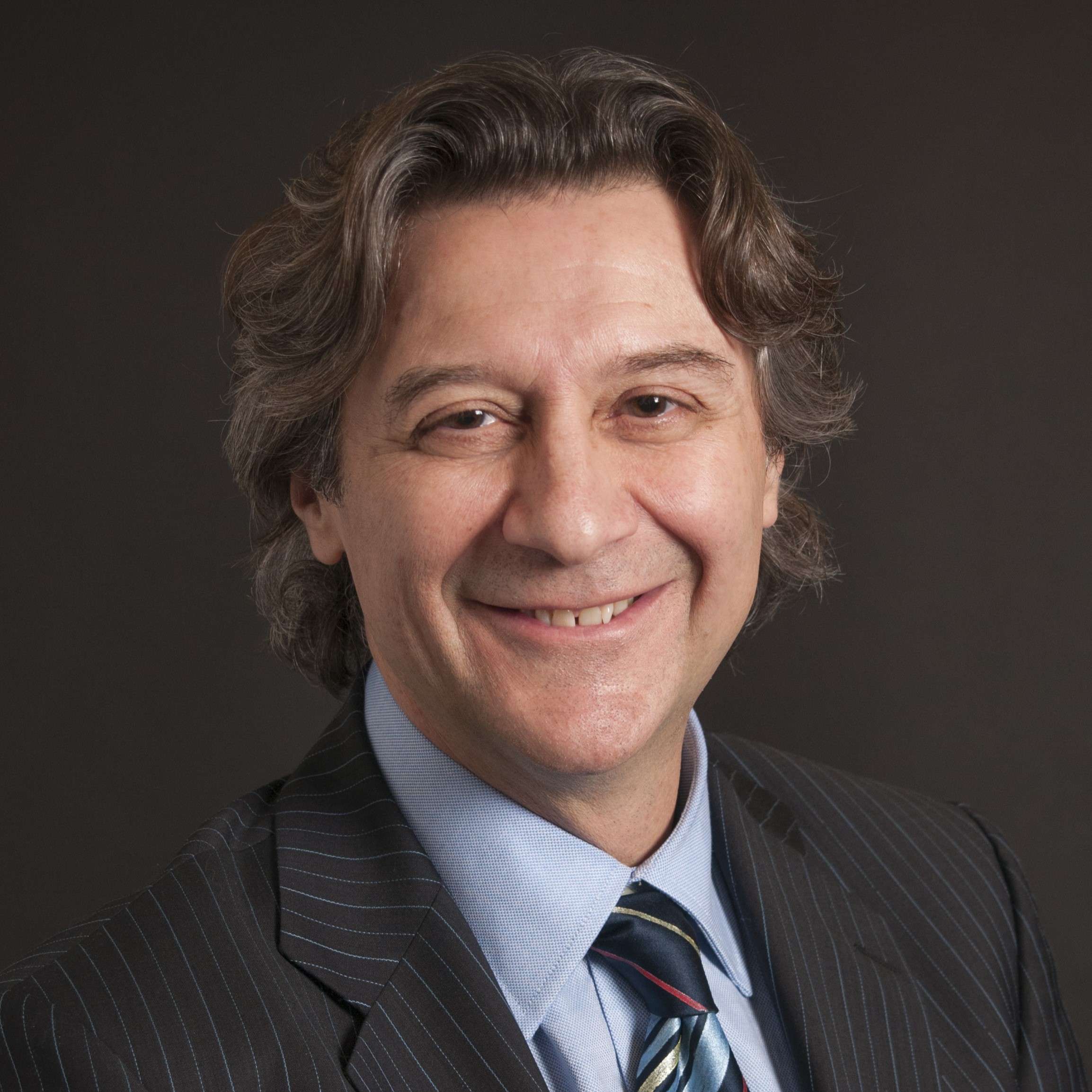
Learn about the latest medical advancements!
Join Dr. Alessio Fasano, director of the Center for Celiac Research and Treatment at Mass General for Children, as he breaks down the research process for medical advancements and what he’s doing to combat Celiac disease.
Listen now and stay up to date with the latest in medicine!
Microorganisms interact with our bodies, but for the longest time, doctors and researchers did not understand how that interconnection works. During Dr. Fasano’s studies, he began trials for a Cholera vaccine. Unfortunately, it had adverse symptoms that made it unsuitable.
When this happens, researchers often need to go back to the drawing board to look at what went wrong, why the vaccine didn’t work, and how they can better design it. They discovered that rather than purge water through the cell like typical pathogens do, the process for Cholera was more dynamic, using a very different mechanism. This discovery led to an entirely new approach to treating pathogens.
Cholera is a very smart pathogen that uses a counterpart molecule to open and close the gates between cells. This led to Dr. Fasano’s discovery of the very first member of the zonulin family. Receptors for this molecule were first discovered in the brain, but were later found throughout the body, including the gut, liver, and kidneys.
Following his findings, Dr. Fasano focused on developing treatments for autoimmune disorders like Celiac Disease. Environmental factors and exposure play a big part in autoimmune diseases, and understanding the points of entry to the body is critical to combating exposure more efficiently.
Dr. Fasano has been working on an inhibitor that can help people suffering from gluten intolerances and Celiacs Disease. It binds to the receptor and doesn’t allow the cell to “open the gates” to certain pathogens.
Not only does it show significant advantages in diseases like Celiac, but also blocks the spike protein from Covid-19 and other illnesses. However, drug development is a very long process that may fail or succeed at any time. So in terms of how long until the medicine is available, it’s very difficult to predict. Economic crises, pandemics and other factors all play a part in funding and can make the research process more difficult.
One of the downsides to this new drug is that you have to take it every time you eat. But because it’s short-lived in the system, it decreases the risk of complications. It also acts in the gut and not system-wide, so any ill side effects are localized to the gut. However, because Celiac Disease doesn’t go away over time, the treatment would have to be used throughout life.
Treatment for serious conditions is more costly than seeking out preventive measures. Dr. Fasano’s goal is to isolate the genes prone to diseases and dysbiosis to shift medical research in the direction of disease prevention. Because the goal is quality of life and minimizing health expenses, it’s a win-win for everyone, including patients and insurance companies.
When it comes to medical research and advancement, you have to walk before you can run. We are still at the very beginning of understanding the complexities of disease and the human body, making discoveries, and building new technology that will help us make further advancements.
Listen now and learn more about how medicine is advancing, with Dr. Alessio Fasano!
Dr. Alessio Fasano is director of the Center for Celiac Research and Treatment at Mass General for Children in Boston, Massachusetts. He is author of Gluten Freedom, a book for general readers about celiac disease and gluten-related disorders, and co-author with Susie Flaherty of Gut Feelings: The Microbiome and Our Health, published in March 2021 by MIT Press.
https://twitter.com/celiacresearch
https://www.facebook.com/celiacresearch/
https://twitter.com/mghfc
https://www.facebook.com/mghfc/
https://twitter.com/harvardmed
https://www.instagram.com/harvardmed/
https://www.facebook.com/HarvardMed/
www.Celiaccenter.org
https://hms.harvard.edu/departments/hms-celiac-research-program
Gluten Freedom
Gut Feelings: The Microbiome and Our Health
© Copyright 2024 Five Journeys®. All rights reserved.


$85-$225 depending on insurance coverage.


At Home
Urine
$699
Fully covered by Medicare. Repeat test prices $249


This test evaluates the genetic profile for multiple health indicators. Click here for more information.
At home
Blood Spot


This company can test for lyme, babesia, bartonella and additional tick-borne illnesses. Click here for more information.
Blood
around $1600 (depends on panel selected)






Blood work for blood count, urinalysis and vitamin levels.
At any Quest Diagnostics Location
Blood
You often have to fast for these tests-please check your providers notes.




This test evaluates many measures including micronutrients, antioxidants, minerals, detox, overview of gut function, omegas and toxic exposure. Click here for more information.
At home.
Urine


This test evaluates the gut function and indicates microbiome balance, overgrowth, infection, inflammation, parasites and digestive efficacy. Click here for more information.
$179-$425 depending on insurance coverage.




Blood


This test evaluates the presence of potentially harmful heavy metals stored in the body. Click here for more information.
Testing: $79 x2 paid to Doctor’s Data
DMSA: $38 paid to Johnson’s Compounding Pharmacy


No insurance coverage


This test is designed to look at food sensitivities (IgG immune responses). It is available in both a 99 or 184 panel. Click here for more information.
Blood
$129-238